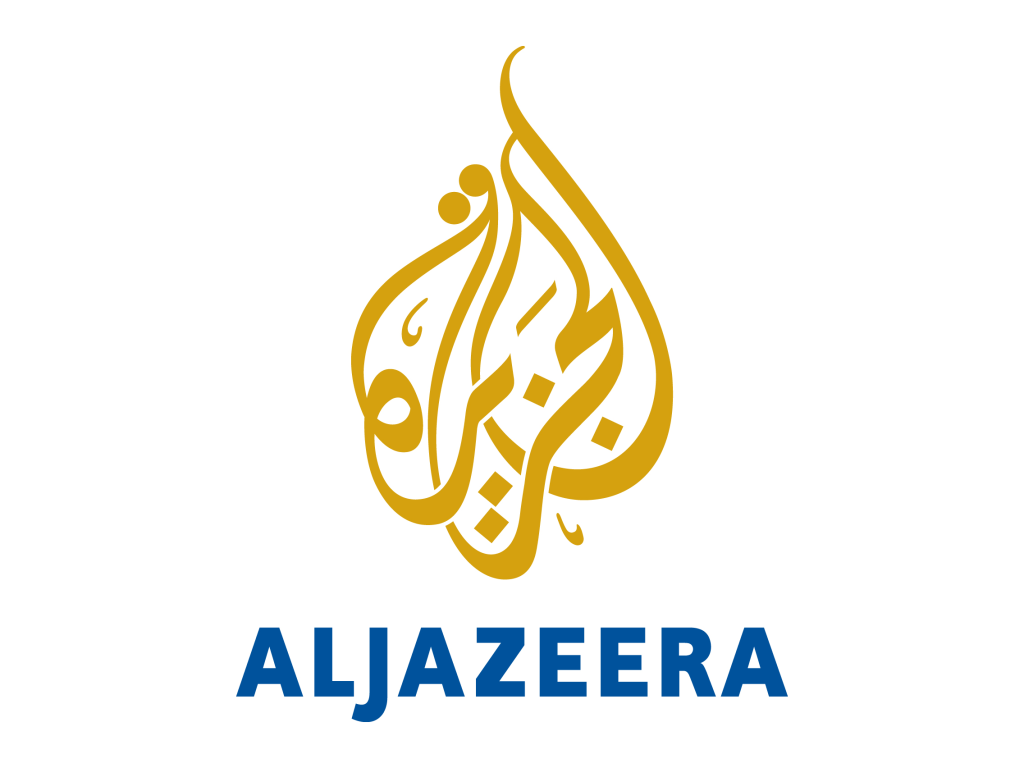ARTICLE AD
Report by UN fact-finding mission says Iran’s brutal suppression of 2022 protests amounted to crimes against humanity.
Published On 9 Mar 2024
Iran has condemned a report by United Nations experts who concluded the Islamic republic’s violent crackdown in 2022 on peaceful protests and the specific targeting of women and girls were serious rights violations, with many amounting to crimes against humanity.
The report was built on “baseless claims” and “false and biased information, without a legal basis”, Iran’s Ministry of Foreign Affairs spokesperson Nasser Kanaani said on Saturday.
Demonstrations swept across Iran following the September 2022 death in custody of Mahsa Amini, a 22-year-old Iranian Kurd who was arrested for allegedly violating the strict Islamic dress code for women.
Iranian authorities refused to take part in the experts’ investigation that was mandated by the UN Human Rights Council in November 2022.
“Not only did the expert committee not establish the truth, but it also deliberately distorted the facts,” Kanaani said.
In its first report, the independent international fact-finding mission said on Friday that many of the violations uncovered “amount to crimes against humanity – specifically those of murder, imprisonment, torture, rape and other forms of sexual violence, persecution, enforced disappearance and other inhumane acts”.
This was part of “a widespread and systematic attack directed against the civilian population in Iran, namely against women, girls, boys and men who have demanded freedom, equality, dignity and accountability,” said Sara Hossain, who chairs the three-member mission.
The report called on the authorities to “provide justice, truth and reparations to victims of human rights violations in connection with the protests”.
Kanaani claimed the report “was prepared by the Zionist regime [Israel], the United States, and some Western countries”, who were “continuing a project of Iranophobia and defamation of Iran”.
These countries were “angry at the failure of their interventions during the riots”, Kanaani said, referring to the protests.
A special committee tasked by Iran’s President Ebrahim Raisi to investigate the protests had “recently sent its final report to the president”, he added, but didn’t provide details on its findings.
The UN experts said “no [fewer] than 551” protesters were killed by security forces, who “used unnecessary and disproportionate force”. Dozens of people were blinded, they said, adding that they also found evidence of extrajudicial killings.
Rather than conducting a proper investigation into Amini’s death, Tehran “actively obfuscated the truth”, they said.
People “who merely danced” or honked car horns were arrested in the crackdown, while hundreds of children, some as young as 10, were also detained.
The report will be presented to the council on March 15.
This week, Amnesty International reported that Iranian authorities have launched a mass campaign to enforce the compulsory hijab laws “through widespread surveillance of women and girls in public spaces and mass police checks targeting women drivers”.

 9 months ago
55
9 months ago
55 
